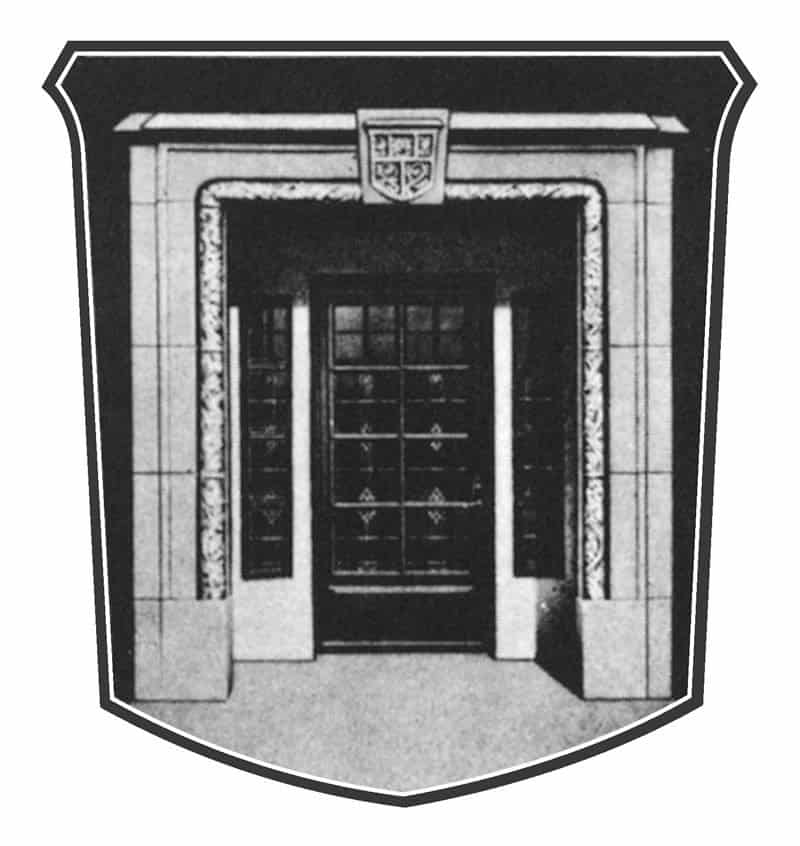By Dr. Royal Lee
 Summary: Here Dr. Royal Lee delivers perhaps the most succinct explanation of why natural vitamins and synthetic vitamins are entirely different entities. Natural vitamins—that is, vitamins as they are found in food—are complexes of associated compounds, he explains, which act together synergistically to deliver a nutritive effect to the body. In turn these complexes require minerals, in organic form, to activate them. All these things are found, together, in whole foods. Synthetic vitamins, on the other hand, consist of a single compound that has been deemed the “most active” of a natural vitamin complex and either isolated from the food or, worse, synthesized in a lab. Dr. Lee asks, “How can a single factor be isolated from a complex…and be justifiably sold with the claim that it is equal?” It can’t. However, “do not infer from this that synthetic vitamins have no effect,” he warns. “They do have drug effects—pharmacological actions that may or may not have much in common with the normal nutritional action.” In a country where over half the population takes synthetic vitamins, the implications of this paper are staggering. Published by the Lee Foundation for Nutritional Research, circa 1954.
Summary: Here Dr. Royal Lee delivers perhaps the most succinct explanation of why natural vitamins and synthetic vitamins are entirely different entities. Natural vitamins—that is, vitamins as they are found in food—are complexes of associated compounds, he explains, which act together synergistically to deliver a nutritive effect to the body. In turn these complexes require minerals, in organic form, to activate them. All these things are found, together, in whole foods. Synthetic vitamins, on the other hand, consist of a single compound that has been deemed the “most active” of a natural vitamin complex and either isolated from the food or, worse, synthesized in a lab. Dr. Lee asks, “How can a single factor be isolated from a complex…and be justifiably sold with the claim that it is equal?” It can’t. However, “do not infer from this that synthetic vitamins have no effect,” he warns. “They do have drug effects—pharmacological actions that may or may not have much in common with the normal nutritional action.” In a country where over half the population takes synthetic vitamins, the implications of this paper are staggering. Published by the Lee Foundation for Nutritional Research, circa 1954.


